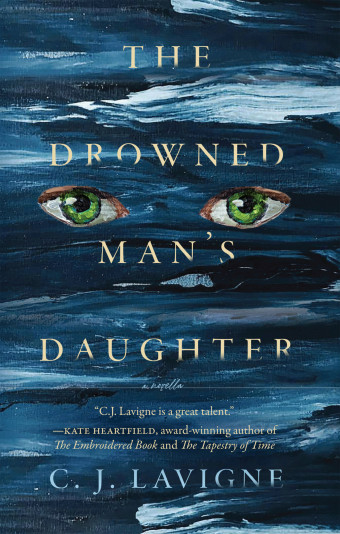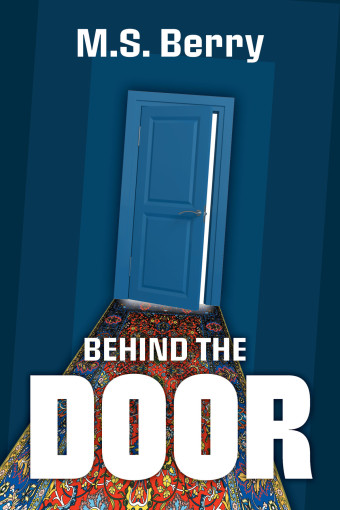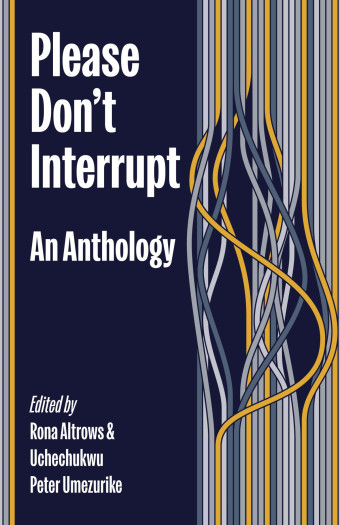David Bergen’s brilliant new novel, Away from the Dead, is set in Ukraine during the turbulent years of 1899 to the early 1920s, encompassing both the First World War and the Ukrainian civil war.
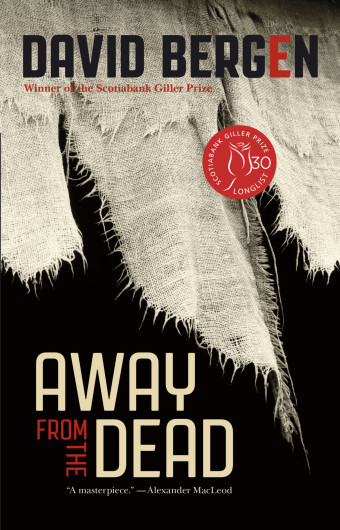
- Away from the Dead
- David Bergen
- Goose Lane Editions
- $24.95 Paperback, 226 pages
- ISBN: 978-17-73103-10-5
Bergen explains the genesis for the novel. “I grew up listening to vivid stories about Nestor Makhno, always in church on a Sunday evening in late October when David Dick would get up and talk about the Revolution and the anarchists and the despair. My father came from Ukraine, my grandfather was a medic in the White Army during WWI. So the stories were there.”
The renowned Winnipeg author has non-fiction characters sharing the stage with his creations, including Anton Chekhov, Leo Tolstoy, Viktor Shklovsky, and Marusya Nikiforova, leader of a Black Guard detachment who was influenced by Nestor Makhno. Many competing ideologies and ideologues come into the narrative: Petliura, Bolshevism, and Denikin, with Kropotkin and Arshinov as anarchist forerunners.
“Shklovsky became part of the novel quite by chance. I’d read his memoir, and in it he mentioned an attendant who took care of him when he was wounded. One line. That was all. And so, my main character, Lehn, became that attendant. And this allowed me to ‘put’ Shklovsky’s thoughts into the novel,” Bergen says.
Julius Lehn is an atheist whose god is literature. This provides room for Bergen to add a grace note to the violence, as Lehn is a lover of Chekhov and Tolstoy, and the poems he reads throughout the novel remind him that sanity still exists. “I’ve read and have always liked the Russian writers, and upon beginning this novel I saw the opportunity to weave in some of what I loved about that literature,” Bergen says.
Lehn marries Katka, a Mennonite raised by wealthy landowner Heinrich Martens. By the time of her death in 1904, the country is already in the throes of unrest.
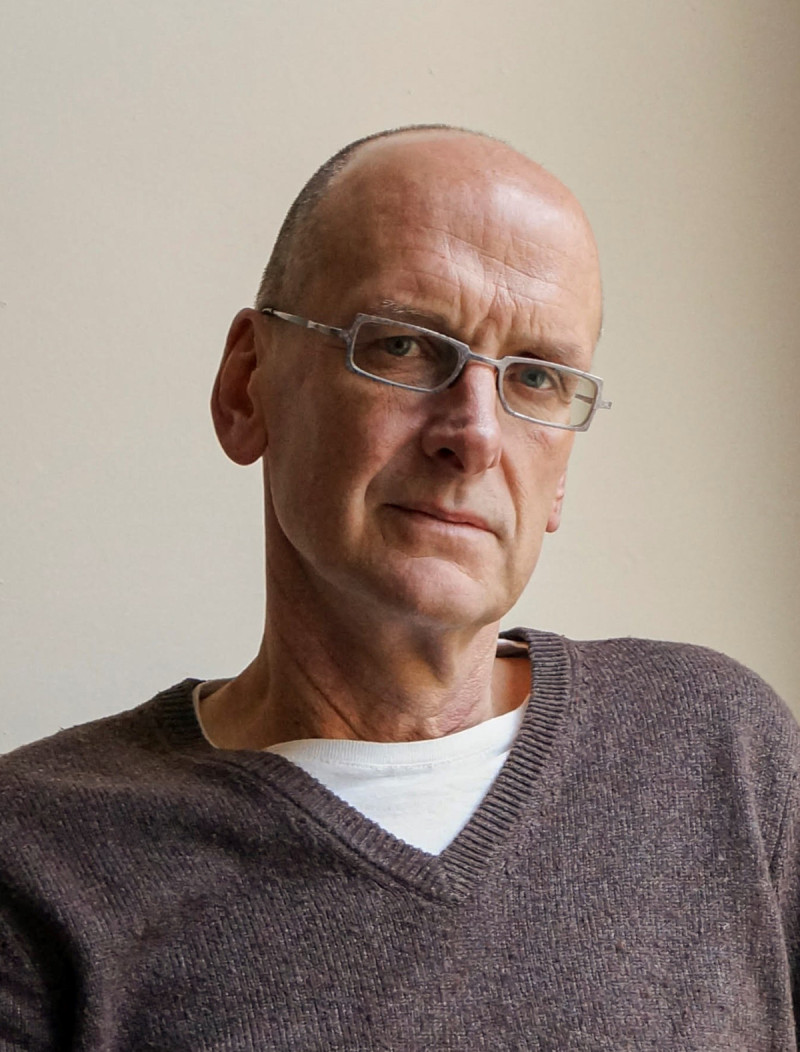
Martens provides the widower with a bookstore in Ekaterinoslav, and later saddles him with a maid, Inna, who had been seduced by Martens’s son. Lehn and Inna are good for each other, and for Inna’s baby, Katka. Meanwhile, Inna’s brother Sablin takes care of the horses at the Martens estate.
Then Lehn, aged 38, with no notion of soldiering, is conscripted. After being shot by a German soldier, Lehn returns home, but there is no peace there either. Lenin had decreed that the estates must be abolished without compensation; they are plundered, and landowners shot. Sablin becomes a caretaker for the Martens estate when the family fled to Kiev and so is plunged into more of the chaos and destruction, trying to stay under the radar as much as possible.
There seems to be no end to the killing. The competing ideologies make answering questions dangerous. What if one answers wrongly?
“I learned quite quickly through my reading that death was no respecter of persons,” Bergen says. “It came for the rich, the poor, the soldier, the pacifist, the landowner, and the bookseller. And death came suddenly, with no warning, and those who survived were sometimes rendered mute.”




